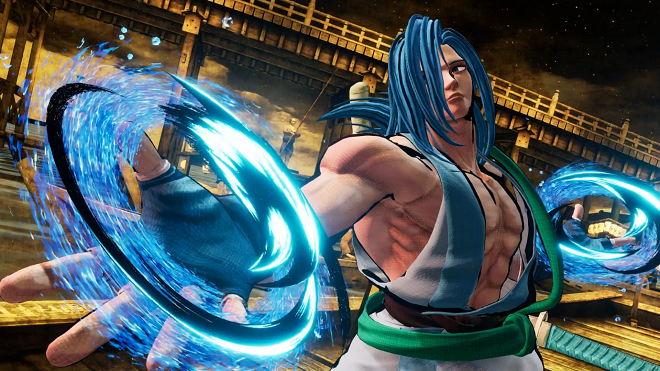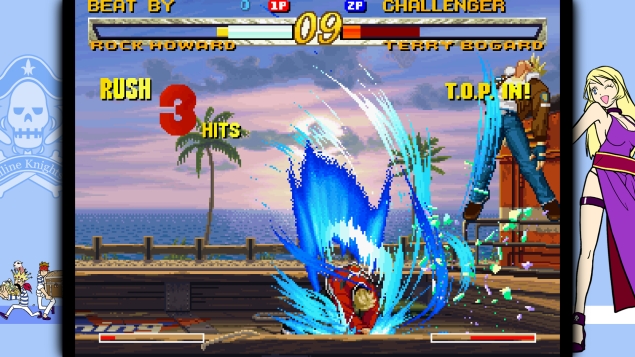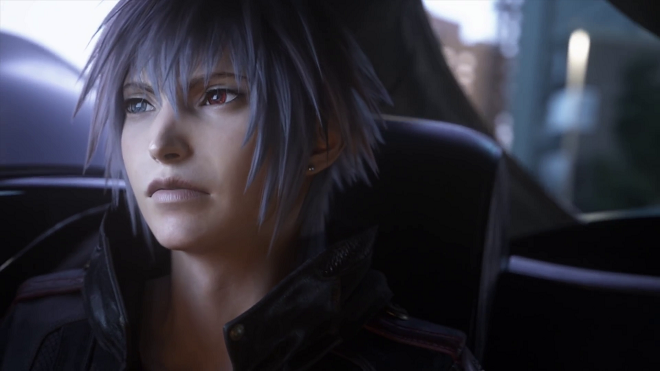Fighting Games Friday: New Content Doesn’t Mean Jack When Online Play Blows

Publishers came to Evo Japan 2020 with some neat announcements, even though the number of them and the quality far paled in comparison to those from the main Evo event. Samurai Shodown’s Haohmaru looks good in Soulcalibur VI, while SNK is maintaining support for their newest Samurai Shodown game with four more DLC characters — two of which are obvious fanservice characters a particular group of fans have been begging for. We also got a new look at the little-known Chaos Code: Next Episode of Xtreme Tempest. It was a solid-enough slate from an event where the fighting game community expected little news.
Yet, I had to shake my head after all the announcements were made, which I’m used to doing with most fighting game news nowadays. Samurai Shodown, for instance, has good content in the pipeline, and more could be on the way if SNK feels like supporting a third season. It would be even better for everyone involved if the game’s worldwide audience all had the chance to find practical uses for the new characters, but they can’t because the game’s online play is bottom-tier quality. It’s a royal pain to get good matches in a country where players are spread out like America, meaning anyone who hops online has to tolerate egregious input delay thanks to online infrastructure clearly designed for Japan and nowhere else.

It couldn’t be clearer that SNK learned nothing from The King of Fighters XIV, the online in which was at least just as bad. Its DLC was also tough to play because of it, despite bringing back long-missing fan favorites like Blue Mary, Oswald, and Whip.
This isn’t the first time I’ve harped on how important online play is for fighting games, and why it needs to be better. I posted nearly two months ago about how developers should be better at implementing netplay and take complaints about subpar connections from their fanbases seriously.
This current debate was primarily spurred by Guilty Gear creator, composer, and character designer Daisuke Ishiwatari’s comments about the potential online for the upcoming Guilty Gear -Strive-. This was exacerbated through how several other developers, mainly western outfits, have improved their efforts. The debate further intensified after Adam “Keits” Heart explained how solid online play has helped to keep the new Killer Instinct’s online community alive despite Microsoft and Iron Galaxy not providing any new content for years. This could happen with potentially-great games like -Strive- if developers, especially in Japan, are willing to put in the work. It doesn’t appear they are, especially when fixes are sometimes so easy that a random fan can do it within a couple of days.
What makes this a real shame is how we know this is possible if they work with the right company. Code Mystics added great rollback netcode in Samurai Shodown V Special for PlayStation platforms (including Vita!) in June, and just did the same for Garou: Mark of the Wolves on the same platforms. As proof of how good it is: It’s possible to have a match in both games that performs well with an online opponent even with an 100ms ping. It’s likely easier to implement rollback in older fighting games, but Code Mystics is a small outfit. The main development houses for companies like SNK and Arc System Works are larger, and could likely afford to implement better online in larger games. It’s, again, a question of whether they actually care. Nothing has changed here since the last time I posted about it.

Wait. Actually, there is one thing that’s changed since then: The rise of a defense force. I’ve come across comments from players who believe the online play in several recent games is fine enough, naming Soulcalibur VI and even the aforementioned Samurai Shodown as actually good examples. The former title handles okay online and is one of the better examples from this console generation, but there’s nothing wrong with requesting more than “fine” when developers can do better. There’s no defending SamSho, though; some players just have trouble detecting bad netplay, especially if they think lag through input delay isn’t a thing.
The worst defenses have come from fighting game community tournament players who’ve claimed that no one should be playing online anyway. Sure, online play can’t compete with offline when it comes to consistent performance and input accuracy, but the latter is not a reliable option for most players. It’s difficult to impossible for adults to assemble players in real life. Good online play will always be important for this reason.
The big question here is whether developers, especially those in Japan, will finally agree and release games with improved online performances, and patch older games with better options. They might see the light one day, but recent comments show how they’re in a long tunnel, and are nowhere near the exit.





